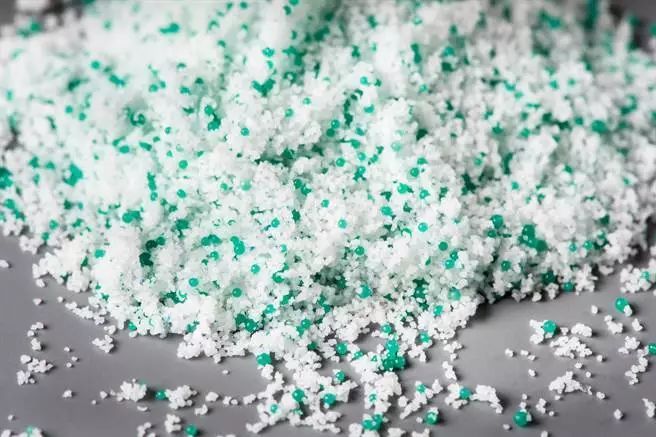Recycle plastic, but release more Microplastics
 Jun 16, 2023|
Jun 16, 2023| View:238
View:238The plastic industry has been promoting recycling as a key solution to the increasingly serious problem of plastic waste. But a study found that recycling itself may release a large amount of Microplastics.
An international team of scientists sampled wastewater from a state-of-the-art recycling plant in the UK. They found that Microplastics released from water accounted for 13% of processed plastics. They estimate that the facility may release up to 7.5 billion plastic particles per cubic meter of wastewater.
The researchers tested the water before and after installing the water filtration system in the factory, and found that the filter reduced the concentration of Microplastics from 13% of processed plastics to 6%. (The plastic recycling devices in many places may not be equipped with filters at all, or the filters are difficult to filter out these Microplastics, which is more likely to cause more surprising pollution.)

For factories with filters installed, there are an estimated 75 billion particles per cubic meter. Most particles are smaller than 10 microns, approximately the diameter of human red blood cells, and over 80% of particles are smaller than 5 microns.
Microplastics, usually considered as any plastic particle smaller than 5mm, can be seen everywhere from the newly fallen snow in Antarctica to the deep sea, which may be toxic to animals and plants.
The results also show that the air around the recycling facility contains high concentrations of Microplastics, and 61% of the particles are less than 10 microns in size. Particles smaller than 10 microns are associated with human diseases.
The research published in the 《Journal of Hazardous Materials Advances》shows that the recycling plant discharged as much as 2933 metric tons of Microplastics every year before the introduction of the filtration system, and 1366 metric tons later. (The recycling plant has the most advanced plastic recycling facility in the UK, receiving 22680 tons of mixed plastic waste annually)
These Microplastics can be digested by many different organisms and also found to be ingested by humans.







